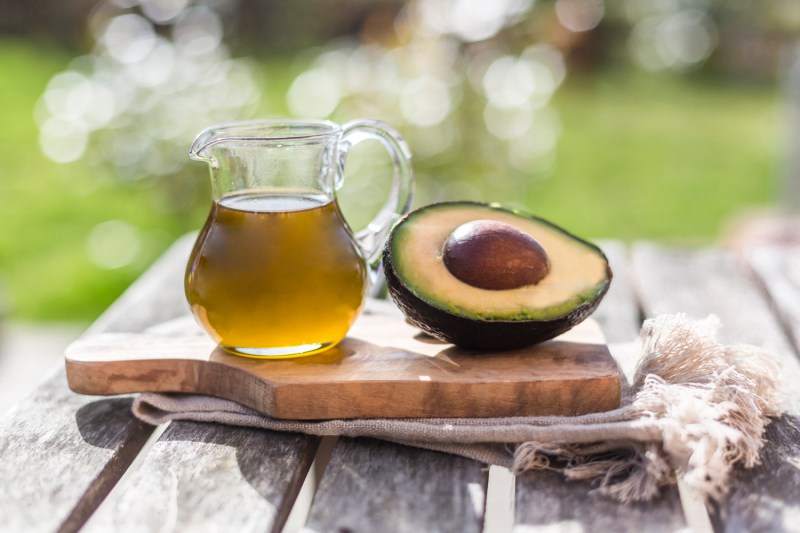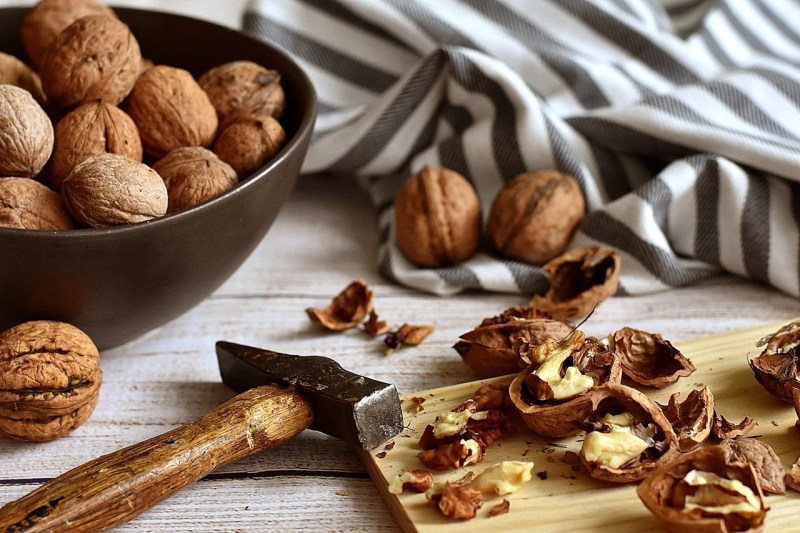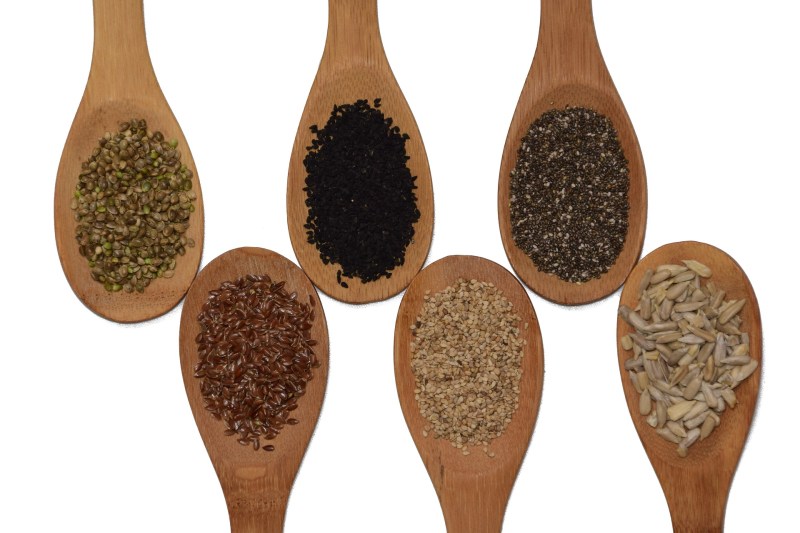
Healthy eating is not only about getting the right vitamins, minerals, and fiber; it is also about eating the right types of fats. Unfortunately, the subject of healthy fats can be confusing because there are many kinds of fats in various foods we eat in our daily diets.
We need certain amounts of these different fats for our bodies to function correctly. The trick is to balance these out so that we are getting more beneficial fats, such as omega-3 fatty acids, and less of the more harmful ones, such as saturated fats.

What are healthy fats?
We need essential fatty acids in our diets because they are involved in several bodily processes, including helping us absorb the so-called fat-soluble vitamins, which are vitamins A, D, and E. Fats that are not utilized by the body for their numerous functions are eventually stored as body fat. This is why it is advisable to limit fats in the diet and primarily consume those that promote good health. But what makes certain fats healthy?
The main types of fat we frequently consume in our daily diets are saturated and unsaturated fats. Most foods have a mixture of both but in varying quantities. Healthy fats are considered to be ones that contain more unsaturated than saturated fat content.
Unsaturated fats are joined by monounsaturated fats and polyunsaturated fats, which are also known as omega-6 and omega-3 fatty acids, in the list of fats that are considered healthy. These are good fats because they have health-promoting effects on the body, such as lowering harmful cholesterol levels and boosting heart health.
Many of these beneficial fats are consumed as oils, such as olive oil, which is high in monounsaturated fats. However, rapeseed oil is high in polyunsaturated fats, especially omega-6 fats, and so are most other vegetable-sourced oils. Fish oils are deemed the best source of omega-3 fatty acids and the most effective for promoting cardiovascular health.

What qualifies as an unhealthy fat?
Unhealthy fats are those that are considered to do more harm than good in the human body. Fats such as saturated ones and trans fats are mostly found in animal-sourced products and dairy. Saturated fats are also abundant in cakes, biscuits, and other desserts.
A diet high in these fats is thought to increase cholesterol levels, especially bad cholesterol levels in the blood. This can lead to fatty deposits clogging arteries, putting us at risk of developing heart disease and other serious health problems.
The U.S. Food and Drug Administration is so alarmed about the health risks associated with trans fats that they have prohibited manufacturers from adding them to food and beverages.

7 of the best foods rich in healthy fats
This list of foods that are healthy fats isn’t exhaustive, but it gives you an idea of some foods to add to your list to get healthy fats into your diet and body.
1. Olives
Olives, and more especially olive oil, are a great source of monounsaturated fats, which mostly come in the form of oleic acid in food. Olive oil is highly versatile and can be used in cooking and as a salad dressing. A couple of spoons of olive oil a day is enough to give us 100% of our daily requirement of monounsaturated fats. Extra virgin
2. Walnuts
Nuts are high in fat, but most contain high amounts of monounsaturated fats. Even nuts that contain large amounts of other fats, such as brazil nuts, are still considered healthy because they contain fiber and antioxidants such as vitamin E and selenium. Walnuts are high in polyunsaturated fats and contain the omega-3 fat alpha-linolenic acid. Some studies suggest that walnuts can reduce blood sugar levels in adults with type 2 diabetes. They also contain phosphorus, manganese, vitamin E, vitamin B6, copper, and folic acid.
3. Avocados
Avocados are rich in monounsaturated fats; they also contain some polyunsaturated fats as well. Although avocado is mostly used in South American cuisine, they are still abundant in North American food stores. The popularity of avocados is all down to their vitamin and mineral content. Vitamins C, E, K, and a number of B vitamins are present here, along with potassium, copper, and magnesium. Because of the high monounsaturated fat content, avocados are thought to be beneficial for heart health, and the healthy fats present have a positive effect on cholesterol levels.
4. Mackerel
Fish is the best source of omega-3 fatty acids, but not all fish are equal; some contain far more of these fats than others. The best fish to eat to boost omega-3 fatty acids in the blood is oily fish such as mackerel. Omega-3 fatty acids have been linked to having a beneficial effect on heart health. These fats can also help lower bad cholesterol levels in the bloodstream. In addition, omega-3 fatty acids are also considered beneficial for brain development and function.
5. Flax seeds
While fish such as mackerel provides the health-promoting omega-3 fatty acids in the forms of eicosapentaenoic acid (EPA) and docosahexaenoic acid (DHA), plant-based foods such as flaxseeds contain omega-3 fatty acids in the form of Alpha-linoleic acid (ALA). Ripened flax seeds, also referred to as linseeds, can be added to porridge, bread, and other foods, while the oil can be taken in capsule form. Eating the whole seed has extra benefits because it provides fiber and vitamins.
6. Eggs
Eggs were once thought to be unhealthy, but in moderation, they supply the body with nutrients such as potassium, selenium, calcium, and protein. Both saturated and unsaturated fats are also present in eggs. However, some eggs contain omega-3 fats as well, but this is highly dependent on the diet of the chickens that lay them.
7. Chia seeds
Chia seeds are the edible seeds of a plant called the Salvia Hispanica which mostly grows in Mexico. These tiny seeds can be added to foods and smoothies, and they come packed full of nutrients that include iron, zinc, and both omega-6 and omega-3 fatty acids.

5 benefits of healthy fats
1. Healthy fats help lower cholesterol
Eating a diet high in good fats such as monounsaturated, polyunsaturated, and omega-3 fatty acids can help reduce cholesterol levels in the blood. Of course, we do need some saturated fats, but modern diets tend to contain far too much of these.
Increased saturated fat consumption often leads to high cholesterol levels and raised LDL, also referred to as bad cholesterol. Eating more of the other types of fats can help keep cholesterol in check and boost HDL levels (the good cholesterol).
2. Healthy fats help keep your heart healthy
Healthy levels of good cholesterol help boost heart health because good fats prevent blockages in the arteries. These fatty deposits that comprise calcium, cholesterol, and fat are often referred to as plaques, which harden and block blood flow to the heart. Good fats also reduce triglycerides; high levels can contribute to heart disease.
3. Healthy fats lower the risk of developing type 2 diabetes
A diet high in polyunsaturated, monounsaturated, and omega-3 fatty acids can lower the risk of developing type 2 diabetes. Including these fats in the diet can help reduce blood glucose levels after each meal, which means the pancreas releases less insulin. This also lowers the risk of developing insulin resistance.
4. Healthy fats improve brain function
Healthy fats, especially omega-3 fatty acids, have been linked with improved brain function. These fats are believed also to lower the risk of developing dementia and even depression. It is thought that omega-3 fats increase blood flow to the brain. They also improve neurotransmitter binding and signaling pathways in the brain as well.
5. Healthy fats have anti-inflammatory properties
Omega-3 fatty acids and some omega-6 fatty acids are essential fats. This means the body cannot produce them, and they must be included in the diet. These fats have a range of health benefits, including anti-inflammatory properties. They achieve this by interfering with the body’s inflammatory process, leading to diseases such as arthritis.

Frequently asked questions
Is saturated fat good for you?
We need some saturated fat in our bodies, and it is only a health risk if you consume too much saturated. So there should be a balance of all the fats in our diet.
What does fat do to your body?
Fat acts as an energy store for the body. It also helps you absorb nutrients, produce certain hormones, and regulate normal cell function.
What are some other foods that are healthy fats?
Besides the list above, here are more foods packed with healthy fats that you can easily incorporate into your diet:
- Other nuts: Almonds, pecans, peanuts, sunflower seeds, and pumpkin seeds
- Other fatty fish: Salmon, tuna, sardines, and herring
- Soybeans and edamame
- Full-fat yogurt
Remember, moderation is key even with healthy fats. Focus on incorporating these foods into your diet in balanced and satisfying ways. By replacing unhealthy fats with good fats, you can build a diet that supports your health and taste buds.



